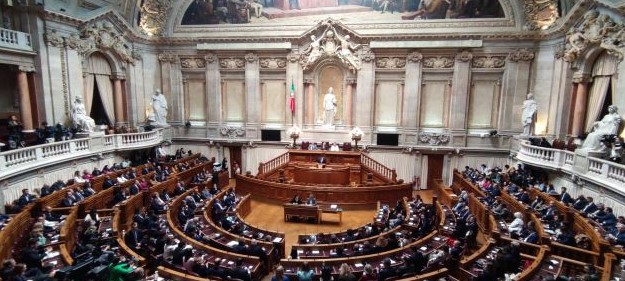On March 27, the two bigger Portuguese parties arrived in a deal to elect the House Speaker. The newly-elected Parliament elected José Aguiar-Branco of the Social Democratic Party (PSD) by 160 votes in favour, well above the 116 needed. In a rare act for the Portuguese political culture, the PSD (an EPP member) and the Socialist Party (PS) reached an agreement according to which Aguiar-Branco will hold the post for two years, after which a Socialist Party candidate will follow.
The Alliance, headed by the PSD, won the Portuguese snap general elections of March 10, taking 80 seats in the 230-seat National Assembly. Consequently, President Marcelo Rebelo de Sousa called on the leader of the PSD, Luis Montenegro, to form a government that will take office on April 2 and then present policy proposals to Parliament. The Socialist Party placed second, with 78 seats, but declared it would not stand in the way of the PSD forming a minority government.
José Aguiar-Branco served as Minister of Justice from 2004 to 2005 and Minister of National Defence from 2011 to 2015. He is known as a progressive politician. Recently, he was among the 17 PSD MPs who voted in favour of the same-sex adoption law in 2016.
The deal indicates that Portugal’s two main parties realise that the far-right Chega (Enough) party represents severe threats to the country’s political stability. Chega is a member of the Identity and Democracy Group, which brings together the AfD of Germany, Geert Wilders of the Netherlands, Marine Le Pen, and the Italian League.
In the recent election, the far-right party secured third place with 50 seats, a significant increase from their 12 seats in the 2022 election. The party’s leader, André Ventura, has indicated that he may oppose critical government proposals, such as the state budget.
The rejection of cooperation with a far-right party of the ID Group in Portugal comes after several political parties in the Netherlands refused to form a government with the far-right Party for Freedom (PVV) of Wilders. Now, members of the ID Group participate in the Italian and Slovak governments, the League and the Slovak National Party, respectively.

